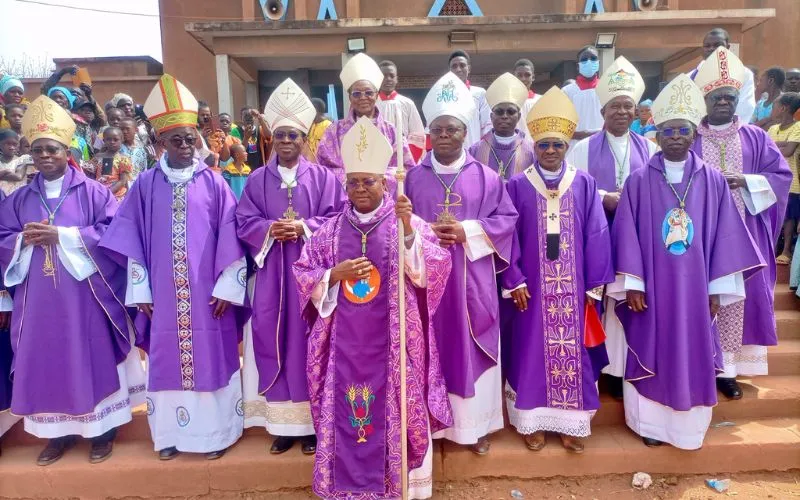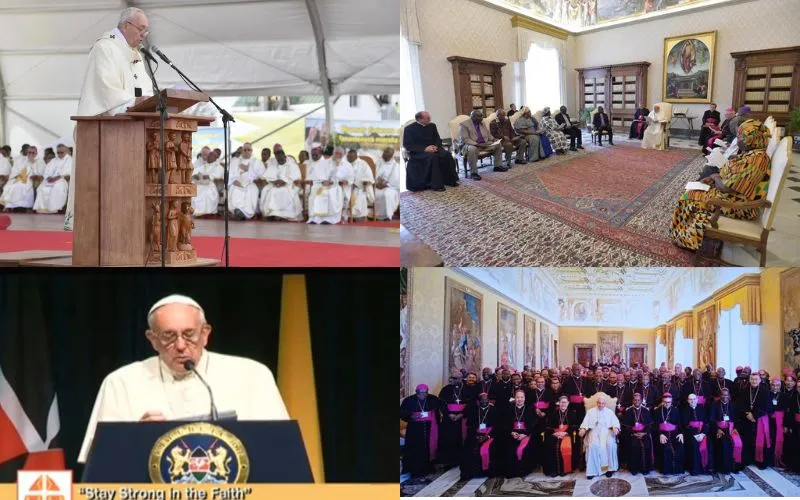Kaya, 20 February, 2024 / 9:30 pm (ACI Africa).
The persistent insecurity in Burkina Faso has taken a heavy toll on the pastoral activities of the local churches, with some 30 Parishes remaining inaccessible, Catholic Bishops in the West African nation have said.
In a statement following their February 12-18 Plenary Assembly in Burkina Faso’s Catholic Diocese of Kaya, members of the Catholic Bishops’ Conference of Burkina Faso and Niger (CEBN) say, “Insecurity persists, and its impact on the life of these particular Churches is very damaging.”
“Overall, some thirty parishes and their associated structures (presbyteries, religious communities, health and education facilities, etc.) remain closed or inaccessible,” CEBN members say in the February 18 statement.
They note that the “consequence of this is the decline of socio-economic works in some places, the loss of job security for pastoral workers, the impoverishment of the population, especially in the affected areas, and the continuing phenomenon of internally displaced persons, which is causing socio-demographic upheavals in a noxious social climate.”
“The Church must therefore be resilient if it is to find appropriate responses to current situations,” Catholic Bishops in Burkina Faso and Niger say.








